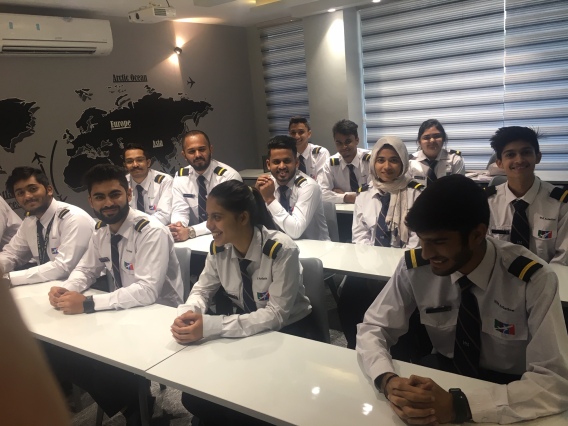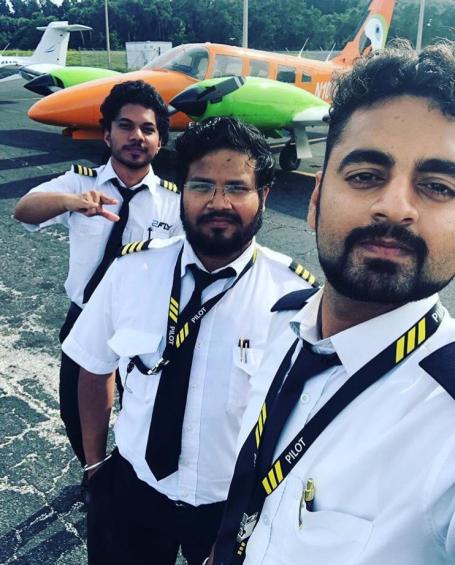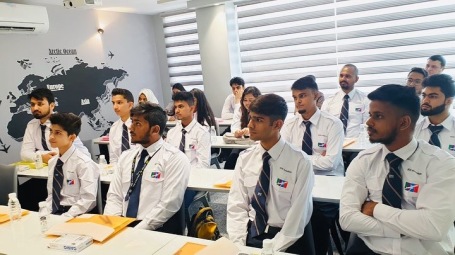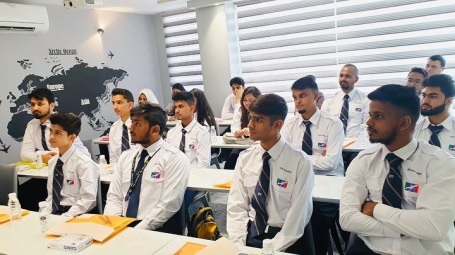The article below will definitely help all the aspiring candidates who want a great start in their career of Aviation. So many people know that pilot training can be started at a very early age of 17 years or 18 years for attaining different licenses related to pilot training. So many students don’t even have the appropriate knowledge of how to start their career in Aviation.
Ground classes are a great way to keep you on track. You can learn all the required subjects that will be necessary for attaining your different licenses and certificates related to your pilot training. Also, a sensible pilot will always study first and then move on to attain his license and complete his flying hours. Ground Classes help you to provide easy access to an instructor to listen to your doubts face to face and clear your real time concepts easily. There are various subjects a candidate needs to study on his way to attain pilot licenses or certification. In various countries there are different ground classes provided for different steps. Like for example, there are ground classes for Private Pilot License, Instrument ground classes or commercial ground Classes.
Ground Classes play a very important role in the journey of becoming a pilot. But in India, we have a special governing body for Aviation that is Directorate General of Civil Aviation (DGCA).So we have to prepare the students according to the DGCA norms. Any aspiring pilot in India needs to clear the DGCA papers first and pass CPL flight test then only he can apply for a job in Indian Airlines.
Now taking into consideration let us talk about the subjects that will be required to be cleared by the candidates as per DGCA norms. The subjects are Air Regulation, AirNavigation , Aviation Meteorology ,Technical General and Technical Specific and also Radio Telephony if he decides to do his flying from India but if he wants to do his flying from abroad then one has to only pass Air Navigation , aviation meteorology , air regulations exam . There are various academies all over the country who have arranged the ground classes as per DGCA norms. So to choose from various institutions to get the best training and knowledge for an aspiring pilot is a major DGCA conducts its examinations quarterly like in the month of April, July, October and January. Clearing DGCA papers requires proper guidance and history, so we need the ground classes that provide us proper knowledge and have a good number of trained and experienced instructors.
DGCA Ground classes are conducted through different institutes for about 5-6 days a week for about 6-7 hou



